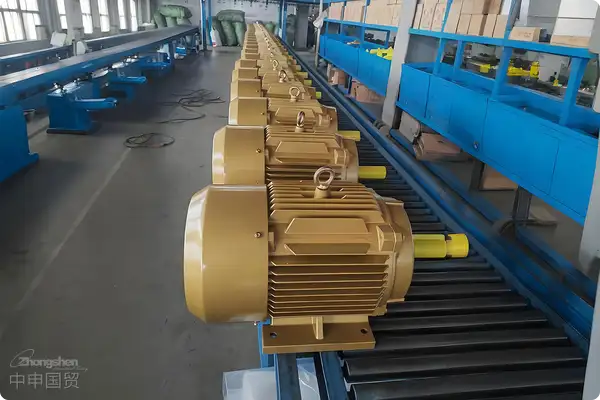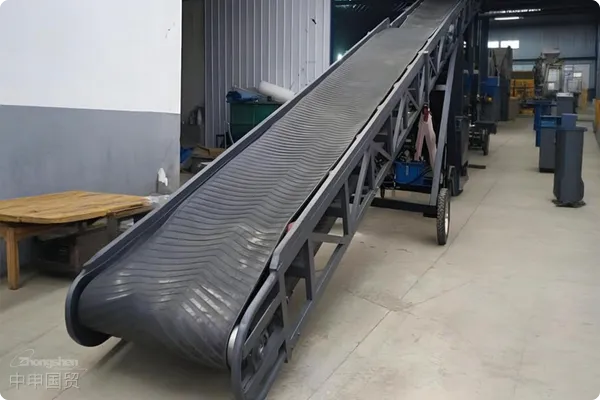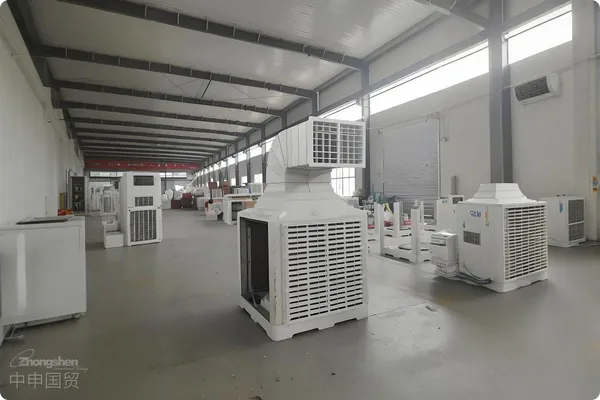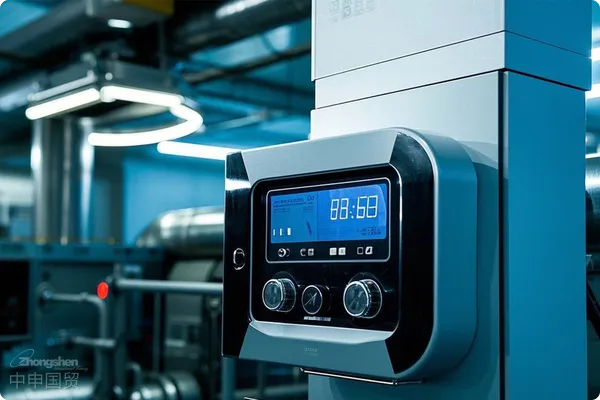- Shanghai Zhongshen International Trade Co., Ltd. - Two decades of trade agency expertise.
- Service Hotline: 139 1787 2118
Machinery & EquipmentExport Representationis an efficient export method chosen by many enterprises. By entrusting professional agents, companies can save time, reduce risks, and expand overseas markets. However, many companies have questions aboutEquipment Exportthe costs of agency services. This article explores the factors influencing machinery equipment export agency fees and how to reasonably control these costs.
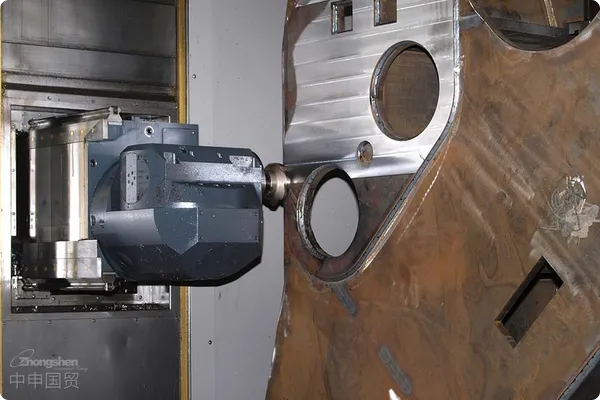
Factors Influencing Machinery Equipment Export Agency Fees
- Complexity and Value of Equipment
Complex, high-value equipment typically requires more specialized agents and comprehensive services, resulting in higher agency fees. - Market Conditions in Export Destinations
Factors such as market competition, tariff policies, and logistics costs in different countries and regions will affect agency fees. - Scope of Agent Services
The more comprehensive the services provided by the agent, the higher the fees. These services may include market research, client development, contract negotiation, logistics arrangements, customs clearance, after-sales service, etc. - Size and Capability of the Agent
Larger agents typically charge higher fees but offer better service quality and more resources.
How to Reasonably Control Machinery Equipment Export Agency Fees
- Select suitable agents
Consider factors such as the agents size, capability, service scope, and fee structure to select the most suitable agent for your needs. - Define service scope and responsibilities
When signing an agency agreement, clearly define the service scope and responsibilities of the agent to avoid additional charges. - Compare quotes from different agents
Compare quotes from different agents and select the one with the best cost-performance ratio. - Negotiation skills
Negotiate with agents to secure lower agency fees. - Regularly evaluate agent performance
Regularly assess the work performance of agents and adjust agency fees based on their performance.
Common charging methods for machinery equipment export agency fees
- Fixed commission: Agents charge a fixed percentage commission, usually calculated as a percentage of the goods value.
- Per-unit fee: For a small quantity of equipment, agents can charge a fixed fee per unit.
- Project-based fee: For complex projects, agents can charge fees based on the project, including project management fees, consulting fees, service fees, etc.
- Hybrid fee: A combination of fixed commission, per-unit fee, and project-based fee, flexibly determining the charging standard based on specific circumstances.
Conclusion
Machinery equipment export agency fees are influenced by various factors and there is no fixed standard. When selecting agents and signing agency agreements, enterprises should comprehensively consider various factors to reasonably control costs and ensure the profitability of export business.
Related Recommendations
Category case
Contact Us
Email: service@sh-zhongshen.com
Related Recommendations
Contact via WeChat

? 2025. All Rights Reserved. 滬ICP備2023007705號-2  PSB Record: Shanghai No.31011502009912
PSB Record: Shanghai No.31011502009912

